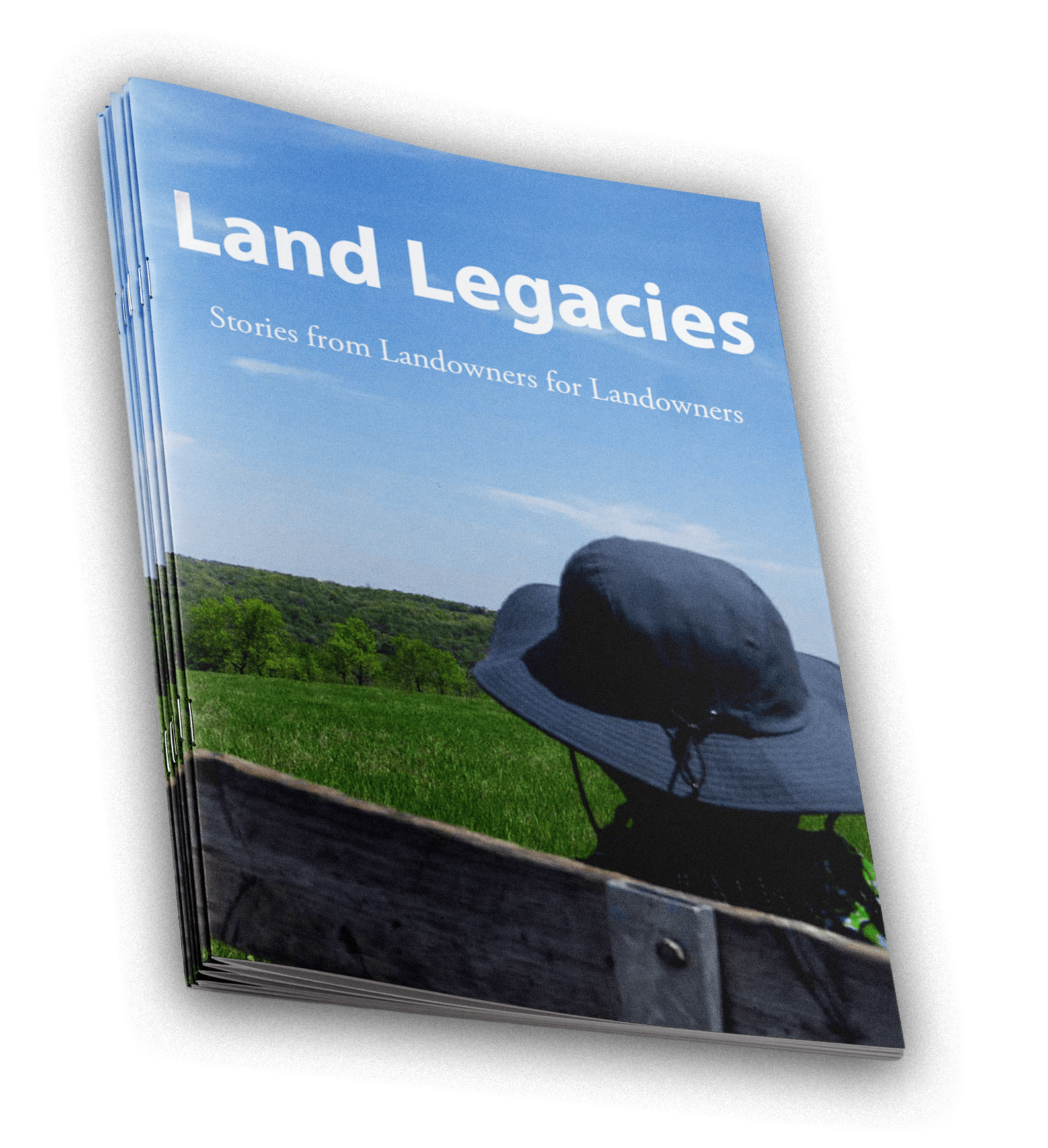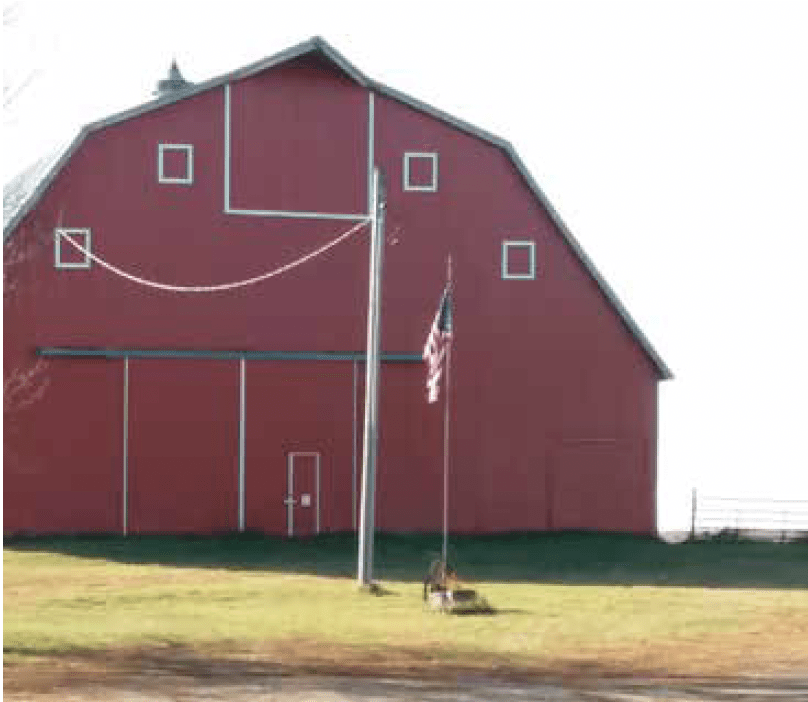
Most importantly, they had farmland in the family, and after they inherited it, they received robust rent checks to help them live a comfortable retirement.
Unlike so many people of color, I, in turn, received ownership of land as well as other assets when they passed. I’ve been reading about the history of land and wealth ownership in the United States, and most of it ended up in White hands because of the genocide of Indigenous peoples and slavery of Black people at worst and deception at best. I’m a prime example of how government decisions made on land ownership in the 1880s continue to allow my White family to accumulate wealth today.
I have gifted the land proceeds largely to individuals: $50,000 to one family, $30,000 to another, and combinations of $20,000 and $10,000 to others. I also donated to the Indian Land Tenure Foundation, as I have so much to learn about the gnarly historical and legal issues surrounding the return of Indigenous lands.
I have $90,000 left to donate. The longer I hold it, the more I feel I’m growing attached to it.
I have given my donations for land purchased but otherwise with no conditions. I don’t have any contact with some recipients; others have become friends. Most have made financial decisions that are different from those I would make. I cringe to watch them go into debt that I would not even consider, having been raised by fiscally conservative parents. But they have not sought out my advice, nor do I have any to offer on the realities of starting a successful farm.
Recipients of my pay-it-forward do not want others to know that I have supported them. I believe there are several reasons for this: They don’t want people harassing them for getting a “handout”, especially in our current political climate. They want to be seen as making it on their own. They don’t want friends and relatives to inundate me asking for help.
Are the donations enough to help the recipients build wealth to pass on to the next generation? For some, probably. Could I have made a bigger difference making different philanthropic choices? I could certainly have saved a lot more lives donating to international emergency health and food relief efforts.
Why didn’t I hold onto the land and rent or sell it to a farmer with my conservation values and my dedication to supporting those who grow fruits and vegetables? Because the land is far from robust markets for local food. The farm infrastructure was gone. Most sadly, the farmers I support would have had to deal with spray drift, water quality concerns, and the stench of an animal factory that now is near my family’s land.
Why didn’t I give my donations to nonprofit organizations helping farmers or to innovative approaches to sharing land like commons and collectives? I listened to the people I have supported, who say they want to own the land and make the decisions on how it’s used and shared with their communities. I am committed to individual family ownership in the U.S. (of land, of home) as “ownership” brings pride, commitment, and independence as well as helps families build financial equity.
Many others who own farmland have drastically different circumstances than I do and don’t have the luxury of donating their farmland sale proceeds. They may have a family member who wants to continue the farming tradition. They may be concerned about their offsprings’ financial security or paying medical bills for major and chronic illnesses. They may have worked in careers that our society does not value with a living wage.
But there are many who have far more generational wealth than I do. How much is enough for each of us? Will I and others be committed enough to share more of our wealth?
